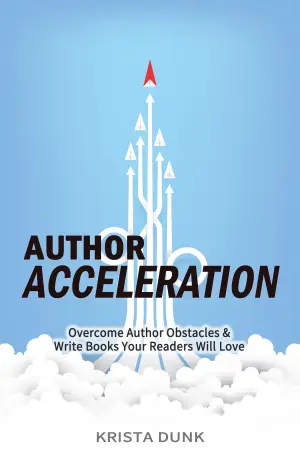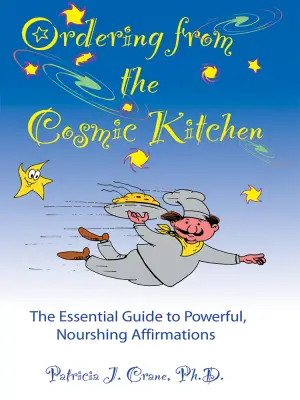Book Review: Black Speculative Feminisms: Memory and Liberated Futures in Black Women’s Fiction by Cassandra L. Jones
As a devoted fan of speculative fiction, I often find myself drawn to the ways authors weave together themes of identity, memory, and liberation. Enter Cassandra L. Jones and her compelling work, Black Speculative Feminisms: Memory and Liberated Futures in Black Women’s Fiction. The moment I learned about her deep dive into the powerful narratives created by pioneers like Octavia E. Butler and Nnedi Okorafor, I knew I had to explore this promising intersection of Black feminism and speculative narratives.
In this thought-provoking book, Jones explores a rich tapestry of themes, using memory as a focal point for liberation—both personal and collective. She meticulously examines how Black women writers navigate the complexities of memory within their narratives, transforming it from mere recollection into an agent of social action. It’s fascinating to see how Jones illuminates the notion of “restorative fabulation,” where storytelling becomes a vehicle for processing historical trauma while envisioning more equitable futures—a poignant reminder of the healing power of fiction.
Throughout Black Speculative Feminisms, Jones tackles some of the most emancipatory ideas within Afrofuturism. Her exploration of non-linear and non-Western expressions of time brings fresh perspectives that feel vital in today’s socio-political climate. Can we, through the lens of speculative fiction, reimagine our past and construct a more just future? Absolutely! This sentiment resonates deeply, encouraging readers and writers alike to see memory not as a burden but as a source of strength and possibility.
The writing style is rich and academic yet remarkably accessible. Jones balances scholarly analysis with personal insights, making her arguments feel both urgent and relatable. I found her pacing perfectly suited for contemplation; each chapter offers a wealth of food for thought, urging readers to pause and reflect on the implications of what they’ve just read. Among the many highlights, I was particularly captivated by her examination of Tananarive Due’s work. Jones articulately demonstrates how Due’s narratives challenge the status quo, and I found myself revisiting those themes long after I’d closed the book.
One of the memorable takeaways for me was Jones’s assertion that “memory is activism.” This statement encapsulates the heart of her exploration: that our memories—both painful and joyous—can be pivotal in forging pathways to liberation. It’s a notion that lingered with me, prompting a deep reflection on my own experiences and how they inform my understanding of the world.
So, who would enjoy Black Speculative Feminisms? If you’re fascinated by the intersections of race, gender, and genre, this book is a must-read. It is an essential resource for scholars and casual readers alike, beckoning us to engage with the transformative power of storytelling. For anyone eager to explore the narrative possibilities of Afrofuturism while grounding their understanding in feminist theory, Cassandra L. Jones’s work is both enlightening and essential.
In closing, reading Black Speculative Feminisms was not just an academic journey for me; it was a personal one. I came away with a renewed appreciation for how stories can heal, empower, and liberate. I highly recommend it to anyone ready to explore the potential futures we can imagine through the power of our memories.






